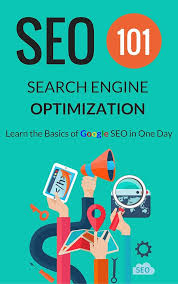The Role and Impact of Search Engines in Modern Society

Introduction
Search engines have become an integral part of our daily lives, acting as gateways to the vast expanse of information available on the internet. As we rely heavily on these platforms to find answers, make decisions, and connect with others, understanding their evolution and significance becomes crucial. In an era where digital access shapes not just consumer behavior but also societal trends, the importance of search engines cannot be overstated.
The Evolution of Search Engines
The journey of search engines began in the early 1990s with basic indexes like Archie and Gopher. These primitive platforms allowed users to search for text files, highlighting the need for navigational tools on the web. The introduction of more sophisticated engines, such as Lycos and AltaVista, marked a shift as algorithms improved, providing more relevant search results.
By 1998, Google entered the picture with its innovative PageRank algorithm, which revolutionized the way information is ranked and retrieved. Google’s minimalistic interface and commitment to delivering the most relevant results quickly propelled it to the forefront of the search engine industry. Today, it holds over 90% of the global market share, emphasizing the dominance of robust search technologies.
Current Trends and Challenges
As of late 2023, the landscape of search engines has evolved with advancements in artificial intelligence and natural language processing. Search engines are no longer merely tools for finding information; they are increasingly interactive, with features like voice search, personalized recommendations, and even visual search growing in popularity.
However, these advancements come with significant challenges. Search engines face scrutiny regarding privacy concerns, misinformation, and bias in search results. The algorithms driving these engines can perpetuate existing biases, impacting the type of information users access. As a result, tech companies are under pressure to develop more transparent and fair practices.
Conclusion
In conclusion, search engines have transformed how we gather information, communicate, and make decisions in a digital age. Their ability to adapt to technological advancements will determine their relevance in the future. As users, it is imperative to remain informed about how these tools operate, understand their implications, and embrace a cautious approach to information sourcing. With ongoing innovations, the role of search engines will likely continue to evolve, shaping not just our Internet experience but the wider societal landscape.









